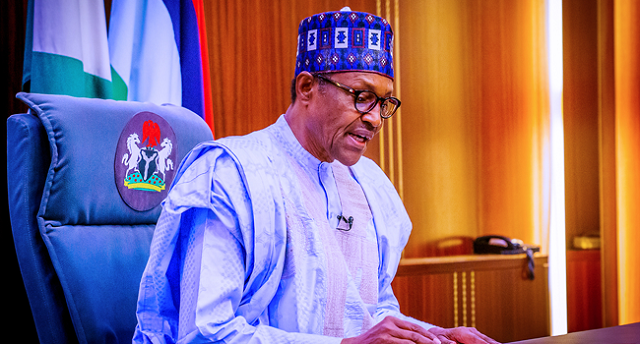The Nigerian Communications Commission (NCC) has attributed the persistent poor quality of telecom services in Lagos, Abuja, and other major Nigerian cities to limited network capacity in high-density urban areas.
Gatekeepers News reports that the explanation came in a recent report released by the Commission in partnership with broadband intelligence firm, Ookla, which analyzed data performance across Nigeria’s mobile networks.
According to the NCC, while the overall network capacity for data services across the country appears satisfactory, urban centres are facing severe congestion due to heavy data usage and insufficient infrastructure to handle the load.
“Overall, network capacity for data services across the country appears good. However, capacity issues have been observed in urban areas across all major operators,” the Commission stated.
“Capacity restrictions are concentrated in urban zones. The impact on rural service is extremely low, reinforcing that this constraint is a localized issue tied to high-density areas,” it added.
The report highlighted that the surge in active internet users in cities has resulted in dropped video calls, buffering during streaming, failed mobile payments, and slow download speeds.
NCC Calls for More Investment in 4G and 5G Networks
The NCC urged telecom operators to make targeted investments to ease congestion in cities, stressing that a multi-faceted approach is needed to improve service delivery.
“The most effective strategy to relieve capacity strain in cities is a multi-faceted approach focusing on two goals: aggressively deploying 5G technology and optimizing the capacity of the existing 4G (LTE) network to improve performance for all users,” the Commission advised.
It added that although the national average shows minimal overall impact, peak-hour performance degradation remains a major issue in densely populated areas, emphasizing that “targeted infrastructure investment in these urban zones is most critical to ensure consistent service quality.”
Subscriber Frustrations and Fibre Cut Challenges
Nigerian telecom subscribers have continued to express frustration over poor network quality, particularly for data services.
A recent Nairametrics report cited users complaining about slow internet speeds, weak signal strength, and frequent outages. One subscriber lamented that her 5G router could only deliver 1Mbps speeds, which worked better only at night.
Telecom operators, however, have blamed much of the problem on frequent fibre cuts and vandalism of telecom infrastructure, which cause network disruptions and revenue losses.
According to NCC data, operators record an average of 1,100 fibre cuts weekly, significantly affecting service delivery nationwide.
Government Moves to Protect Infrastructure
In August 2024, President Bola Tinubu signed an official gazette designating telecom infrastructure as critical national information infrastructure, making its destruction a criminal offence.
The Minister of Communications, Innovation and Digital Economy, Dr. Bosun Tijani, described the order — “Designation and Protection of Critical National Information Infrastructure Order, 2024” — as a major step toward safeguarding investments in the ICT sector.
However, this is not the first such declaration. A similar measure was announced in June 2020 by then-Minister Dr. Isa Pantami under former President Muhammadu Buhari.
In addition, the Federal Ministry of Works (FMoW) and the Federal Ministry of Communications, Innovation and Digital Economy (FMoCIDE) formed a Joint Standing Committee on the Protection of Fibre Optic Cables in February 2025 to strengthen collaborative efforts against vandalism.







